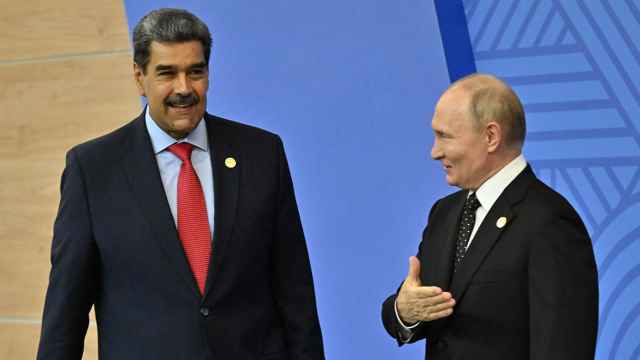
Irina Kurganova
Business Development Director
ManpowerGroup Russia & CIS
Over the past decade, executives have witnessed a significant transformation in their companies.
Firms have embraced the Internet for both commerce and communication. Globalization, increasing economic interdependence between nations and a financial crisis have forced management to act — and workers to adapt — quickly. Considering the speed of change over the last 10 years, what will the typical company look like in 2020? And what can corporate leaders do to prepare the work force for change?
Let's try to imagine the future world of work and its businesspeople, respectively. From my point of view, over the next decade, changes in the way companies operate will not be revolutionary or disruptive; they will be an extension of the evolution already visible at many firms today. Companies will become larger and more global in the next 10 years, handling operations in more countries than they do today. Despite rapid expansion, they will also be more globally integrated, with better information flow and collaboration across borders. They will be less centralized, but will not be fully decentralized. Local operations will be free to move on opportunities that further the global organization while headquarters will continue to play an important role in setting the tone and values of the company.
There is no doubt that companies will also be flatter. Employees will be given greater decision-making responsibility, often at an earlier stage in their careers. Companies will favor a more fluctuating work force, to better match shifting talent needs across global operations. But this will have a cost: The average worker will feel reduced loyalty to the organization, which may lead to greater employee turnover.
The rise of emerging markets, the global financial crisis and demographic pressures are among the forces driving companies to expand overseas. As they do so, they will take on more contingent workers.
The proportion of contingent to permanent workers will shift in favor of the former. The work force will be larger and spread over more countries, making cross-border communication more important — and more challenging.
On the other hand, companies will continue to localize the management of overseas operations to leverage native managers' keener cultural understanding of customers and employees. But in a world where cross-border interaction is expected to become more intense, a global outlook will be just as important as local knowledge. Managers with high potential will still take on overseas assignments to broaden their experience. The difference will be that these moves will tend to be short-term, and managers will move from emerging markets to developed markets rather than merely the other way around. Workers, who will increasingly be sourced from foreign markets, will be hired and trained to fit into the global organization. Among the changes to the work force that are expected to materialize are:
Increasing work force flux. More roles will be automated or outsourced, and more workers will be contingent (contract-based), mobile or work flexible hours. This may allow companies to leverage global resources more efficiently, but it will also increase the complexity of management's role.
More diversity. Workers will come from a greater range of backgrounds; those with local knowledge of an emerging market, a global outlook and an intuitive sense of the corporate culture will be particularly valued. To build on this, many companies will send employees overseas more frequently, often for short periods, on project-based assignments or to take part in training.
The ascendancy of soft skills. Companies will focus on building communication skills, cultural awareness and corporate values through international assignments and by bringing together groups of workers from different countries and functions into training sessions. Technical skills will be considered less defining of the successful manager than the ability to work across cultures and build relationships with many different constituents. People who have local knowledge, a global outlook and an intuitive sense of the corporate culture will have the best leadership potential. Problem-solving, project-
management and interpersonal skills will be rated ahead of technical competence as the most important skills for success over the next decade.
A Message from The Moscow Times:
Dear readers,
We are facing unprecedented challenges. Russia's Prosecutor General's Office has designated The Moscow Times as an "undesirable" organization, criminalizing our work and putting our staff at risk of prosecution. This follows our earlier unjust labeling as a "foreign agent."
These actions are direct attempts to silence independent journalism in Russia. The authorities claim our work "discredits the decisions of the Russian leadership." We see things differently: we strive to provide accurate, unbiased reporting on Russia.
We, the journalists of The Moscow Times, refuse to be silenced. But to continue our work, we need your help.
Your support, no matter how small, makes a world of difference. If you can, please support us monthly starting from just $2. It's quick to set up, and every contribution makes a significant impact.
By supporting The Moscow Times, you're defending open, independent journalism in the face of repression. Thank you for standing with us.
Remind me later.





